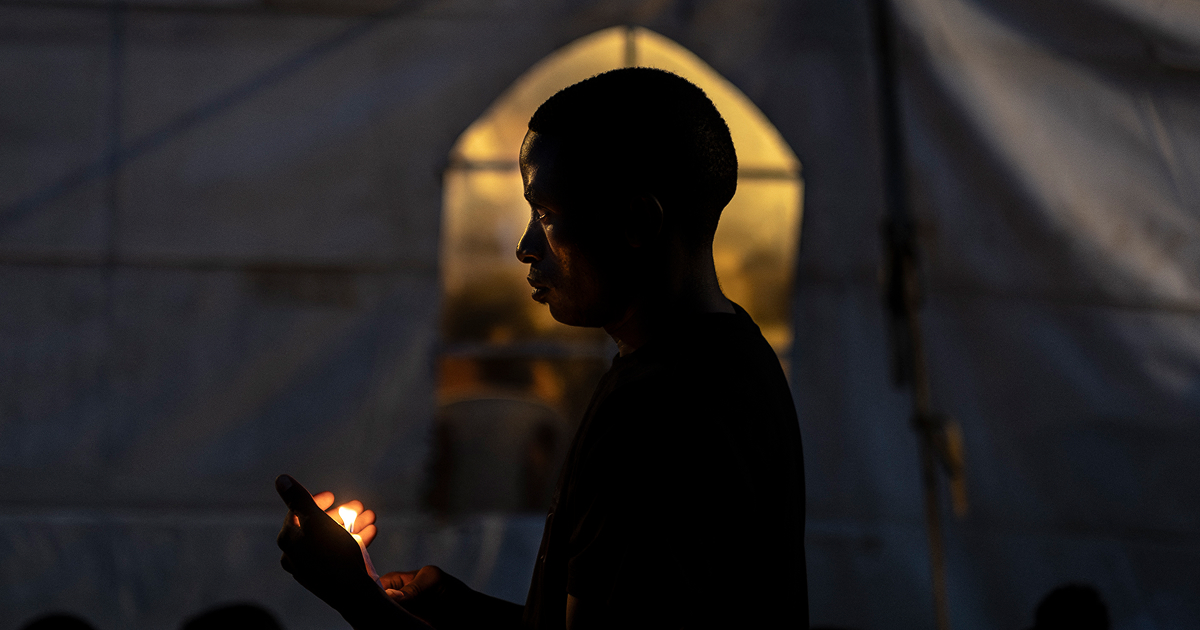The European Court of Justice (ECJ) ruled this week that Poland must recognise same-sex marriages legally concluded in other EU member states.
It marks a significant development in the long-running debate over the relationship between national family law and European freedom-of-movement rules.
The decision concerns a Polish couple who married in Berlin in 2018 and later requested the transcription of their marriage certificate into Poland’s civil registry, a request authorities rejected on the grounds that Polish law does not permit same-sex marriage.
The ruling prompted a swift response from the liberal Civic Coalition Party government. Interior Minister Marcin Kierwiński sought to clarify the scope of the judgment, stating that “many untruths have accumulated in this matter”, and emphasising that “the EU is not imposing its legislation on us”. He added that the judgment alone “cannot force a change in Polish law” and confirmed that several ministries were conducting a legal assessment before outlining next steps.
At the same time, Justice Minister Waldemar Żurek noted that while Polish society “is quite conservative”, the government “will have to adopt our own legislation and somehow implement” the ruling, indicating that administrative adjustments may be required even without changes to the definition of marriage in national law.
Prime Minister Donald Tusk struck a different tone, stressing that Poland would maintain both its EU commitments and its constitutional processes. In comments on Wednesday, he noted that he understands the issue “divides opinion”, but underscored that “respecting tribunals” is part of his government’s approach to European institutions.
However, President Karol Nawrocki, from the conservative Law and Justice Party, issued a more critical reaction through his office. The deputy head of the presidential chancellery, Adam Andruszkiewicz, described the decision as “an attempt to circumvent the Polish Constitution”, arguing that marriage law falls squarely within national competences.
He added that President Nawrocki “will not submit to the terror of ‘rainbow’ rulings”, signalling that the head of state may use his veto powers should parliament attempt to introduce legislation perceived as exceeding the limits of the ECJ’s judgment.
At the heart of this debate is the question of who ultimately shapes the moral architecture of a nation: its own people, formed by a distinctive Christian culture, or a Brussels-based bureaucracy increasingly confident in imposing a uniform social vision across the continent?
This matters because Poland is not just another member state. It is one of Europe’s last major Catholic nations whose public life still draws deeply from Catholic social teaching and whose cultural instincts remain shaped by an older, sturdier Christian anthropology.
The heart of the matter is that the EU’s highest court ruled that Poland must recognise a same-sex marriage conducted in Germany, insisting that refusing to do so “infringes not only the freedom to move and reside, but also the fundamental right to respect for private and family life”.
The ruling does not mandate the legalisation of same-sex marriage within Poland. But it compels Poland to treat a foreign same-sex marriage exactly as it treats a foreign heterosexual marriage. And that, as many Polish leaders immediately understood, is no small matter.
The ruling represents a collision between two competing understandings of sovereignty, not simply political sovereignty, but moral sovereignty. The question is not whether Poland is legally obliged to comply, but whether such obligations signal a broader attempt to remake the moral self-understanding of a Catholic nation.
Beyond the headlines, one must recall that Poland has long resisted external pressures to dilute its Catholic identity. The Solidarity movement, inspired by the spiritual leadership of St John Paul II, confronted a communist regime that sought to hollow out the nation’s soul.
After 1989, conservative political forces continued to link the fate of Poland with the fate of the family. Even in recent years, when other European societies shifted rapidly toward liberal social norms, Poland remained an outlier, not because of political backwardness, but because of a living cultural inheritance.
Though Polish society itself remains divided. Younger generations are more receptive to legal recognition of same-sex unions. Yet even Donald Tusk, hardly a figure of cultural conservatism, was quick to emphasise that “it is not a case in which the European Union can impose anything on us”, insisting that while Poland will “respect tribunals" it will equally safeguard its legislative autonomy.
That delicate balancing act reveals the political reality: Poland may engage with European institutions, but it will not surrender the deepest elements of its identity.
Yet there is reason to believe the Polish people may not be so pragmatic. This is a nation whose people resisted communism, resisted cultural flattening and resisted previous attempts to subordinate conscience to ideology.
Much of their political landscape, from Law and Justice to the more traditionalist Konfederacja party, remains anchored in a conviction that Catholic identity is not a relic, but a living inheritance. Even if some Poles embrace a Europeanised social order, others have shown a remarkable instinct for spiritual self-preservation.
For those in other nations, especially if they are Catholic, there is much at stake here. If Poland’s Catholic foundations are eroded by external force, Europe could lose one of its last great witnesses to the possibility of a public Catholic culture. And once such witnesses fade, they are seldom recovered.
Photo: Poland's new President Karol Nawrocki and his wife Marta Nawrocka kneel in church during a Mass at St John's Archcathedral after Nawrocki was sworn in, Warsaw, Poland, 6 August 2025 (Photo by SERGEI GAPON/AFP via Getty Images)





.jpg)











